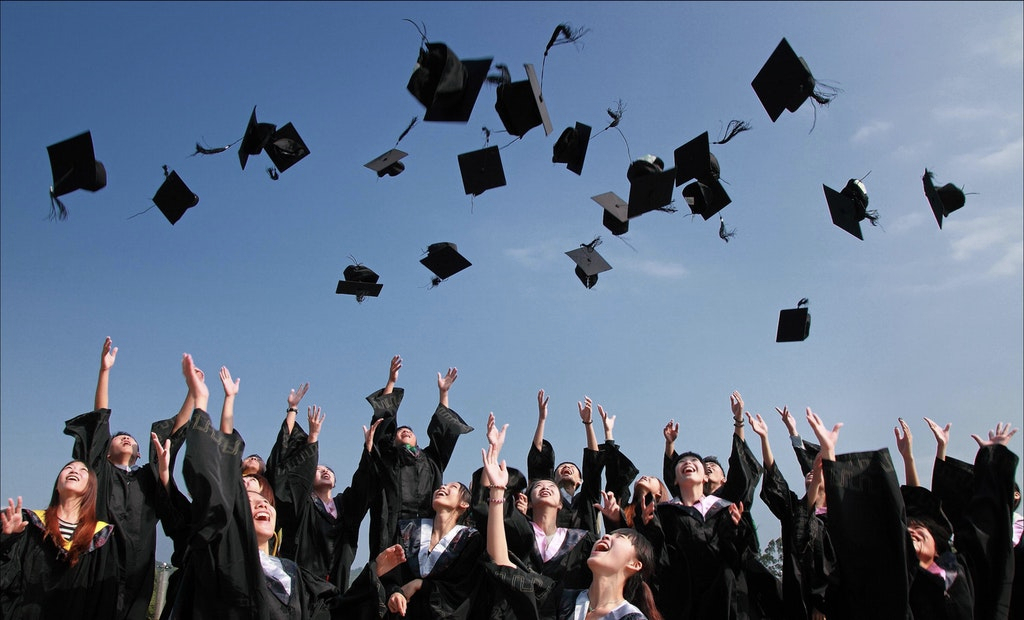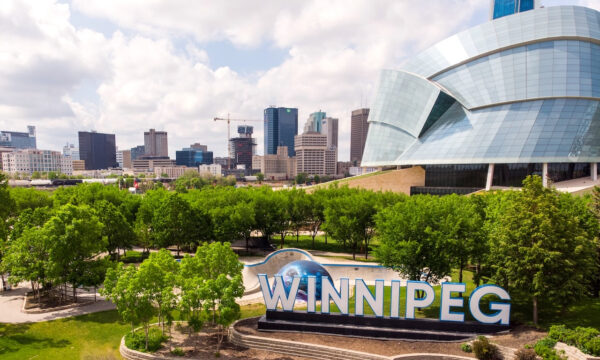To what extent is education a factor in social cohesion?

The concept of social cohesion is closely connected with the formation of the patriotic person who loves his Motherland, always acts in its interests, willing, able to defend it, is devoted to his people, ready for sacrifices and certain hardships for the provision of the common good. Education plays one of the most important roles in the formation of such consciousness.
The essence of patriotic education
History and practice have proved that no citizen is born a patriot. An individual acquires the necessary traits under the influence of habitats, living conditions, the nature of activity and upbringing. Awareness of himself as a patriot and a part of society goes through a complex path of interconnections between public and individual consciousness, the formation and development of patriotic beliefs, feelings, intellectual, strong-willed skills, actions, and highly moral behaviour. A system of interactions, mediated and directly targeted influences can become fertile soil for the raising of a socially adapted citizen.
With understanding the essence of patriotism, education is built on the principle of historicism, experience, and practice of a life of nations, states, on advanced ideas and training technologies.
Functions of patriotic education
Patriotic education, as a specific process and a special kind of human activity, a complex socio-pedagogical phenomenon, is multifunctional. Its main objectives are:
- formation of a personality with the qualities of a patriotic citizen, their constant development;
- self-improvement through self-education;
- prediction and preventing the manifestations of antipatriotic beliefs, feelings, actions;
- re-education which is realised in the process of the patriotic upbringing of people with deviant behaviour, socially and pedagogically neglected individuals who have developed negative stereotypes and do not believe in the very idea of social cohesion;
- mobilisation function: as a rule, it is realised when a person needs to mobilise internal forces in order to overcome difficulties and fulfil his civic duty;
- ensuring fairness and equal distribution of goods among members of society: young people should be educated with the knowledge that everyone has equal opportunities and that each individual’s well-being depends on the efforts he has made;
- formation of mutual trust: the surrounding people should be perceived as partners – not as enemies and competitors;
- evoking the need for labour as the first and most important necessity of life, the main method and means for achieving success, a clear purposefulness, competitiveness in all spheres, pride for the results of labour for the benefit of the individual, the people and the state;
- informing students about prospects of social mobility and ways to move to a higher class, inspiring them to pave own path with honest methods;
- strengthening the need for ecological, physical culture and sport, healthy lifestyle, desire to create a normal family, the fight against drug addiction, drunkenness and other phenomena that undermine human health and humiliate the dignity of a patriot citizen;
- maximum, purposeful, comprehensive and effective use of all forms, methods, and means of educational influence on the consciousness, feelings, will, needs, motivations of human, primarily the mass media: printed editions, radio, television, various informational systems.
Directions and forms of patriotic education
The teacher can force a teenager to prepare an assignment or to learn a rule. But is it possible to make him love the country in which he lives? Definitely, no. Many materials on the patriotic education of schoolchildren are devoted to the methods of developing social cohesion. They combine several directions:
- Historical and regional studies: acquaintance with the past of the native city, interesting facts. Viewing old photos, video clips evoke interest to the past and pride for own hometown. It is necessary to conduct museum lessons, meetings with veterans, search works.
- Aesthetic direction: the study of the creativity of writers, musicians, artists, fellow countrymen, which instils an artistic taste in school students. Young people should attend literary evenings, meetings, galleries and museums, folklore festivals.
- The ecological direction fosters an accurate attitude towards nature. It is worth attending the exhibitions of works of art made of flowers, vegetables, fruits, caring for the landscape of school territory, making the nesting boxes, hiking, etc.
- The study of social sciences: history, foundations of jurisprudence, as well as the creation of stands on patriotic topics on the basis of the studied material.
Patriotic education assumes several forms:
- Motivation – provoking the enthusiasm of students in work on the creative task, theatrical performance, etc.
- At the high school, students take the position of full-fledged participants in the educational process. Discussions during which young people are trained to defend own point of view will be very productive.
- Accustoming is the provision of collective activities through competitions and team games.
Adolescence – the time of discovery, and the formation of own belief system and views. Upbringing at the high school and the university is distinguished by the conscious attitude and maturity of schoolchildren in the perception of the concepts of patriotism. At this age stage, an active civic position takes shape.
Participation in interesting projects, problem-value communication with representatives of other generations, patriotic contests, intellectual competitions, and games are significant for instilling the correct values. Such forms of patriotic education as debates, roundtables, forums, discussions of situations with acute social problems are relevant for students in the upper grades.
Also, it is possible to find essays, term papers, abstracts, theses devoted to social cohesion and patriotism in the curriculum of many educational institutions. It is expected that students will carefully gather information, analyse reliable facts and promote own original ideas, develop innovative approaches to the issue under consideration.
Consideration of the essence of patriotic education, its goals, tasks gives the grounds to assert that the practical implementation of upbringing in the spirit of social cohesion is a complex problem that implies various substantive, organisational, methodological, collective and personality-psychological aspects of the activities of all participants in this process.
Patriotic education can be improved and effectively conducted in various ways, with the help of a whole variety of methods, means and forms of educational influence. At the same time, it is necessary to take into account the real changes that have occurred and are taking place in the state and society.
The editorial unit




















Facebook
Twitter
Instagram
YouTube
RSS